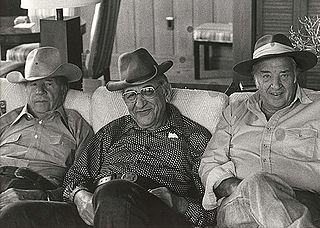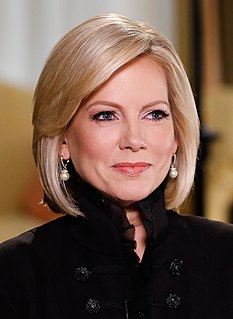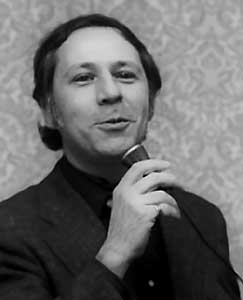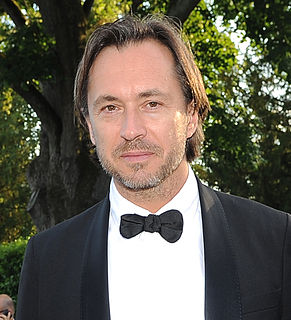A Quote by Michael Shermer
Science is the best tool ever devised for understanding how the world works.
Related Quotes
Science isn't just about solving this or that puzzle. It's about understanding how the world works: the whole world from the vastness of the cosmos to the particularity of an individual human life. It's worth thinking about how all the different ways we have to talk about the world manage to fit together.
There is no other species on Earth that does science. It is, so far, entirely a human invention, evolved by natural selection in the cerebral cortex for one simple reason: it works. It is not perfect. It can be misused. It is only a tool. But it is by far the best tool we have, self-correcting, ongoing, applicable to everything.
There are lots of cases where we know more about how the world works than we do about how we know how it works. That's no paradox. Understanding the structure of galaxies is one thing, understanding how we understand the structure of galaxies is quite another. There isn't the slightest reason why the first should wait on the second and, in point of historical fact, it didn't. This bears a lot of emphasis; it turns up in philosophy practically everywhere you look.
I don't have the slightest interest in gold. I like understanding what works and what doesn't in human systems. To me that's not optional; that's a moral obligation. If you're capable of understanding the world, you have a moral obligation to become rational. And I don't see how you become rational hoarding gold. Even if it works, you're a jerk.
Scientific knowledge is, by its nature, provisional. This is due to the fact that as time goes on, with the invention of better instruments, more data and better data hone our understanding further. Social, cultural, economic, and political context are relevant to our understanding of how science works.
I learned how music works dealing with Jermaine Dupri, and I learned how image works dealing with Puff Daddy. ... Singing is an acting role within itself...I've gone through a lot of trial and error to find what works and what doesn't. With that comes an understanding of how to offer the same opportunities to other artists. ... In my opinion the world is in need of real soul music. ... I'm a flamboyant type of guy, a cooler version of Liberace. ... I'm a younger Morgan Freeman. ... I've been working so hard, I'm about to have a Mariah Carey.
One of the best things I ever did was to train in a practical skill. I love computers and they've become such a part of life, especially to the world of design. But it's important to understand that they are a tool, as much as a hammer or a saw is a tool. Computers don't help you design. There needs to be more emphasis on training young designers in how to build things. A good writer needs a good vocabulary. A good designer needs to understand his materials and processes. You can't, as a successful designer, pretend to get any respect if you don't know how things are made.
I agree that science is the best way of understanding the natural world, and therefore that we have reason to believe what the best science tells us about the objects in that world and the relations between them. But this does not mean that the natural world is the only thing we can have true beliefs about. The status of material objects as things that are "real" is a matter of their having physical properties, such as weight, solidity, and spatio-temporal location. In order to be real, such things need not have, in addition to these properties, some further kind of metaphysical existence.





































